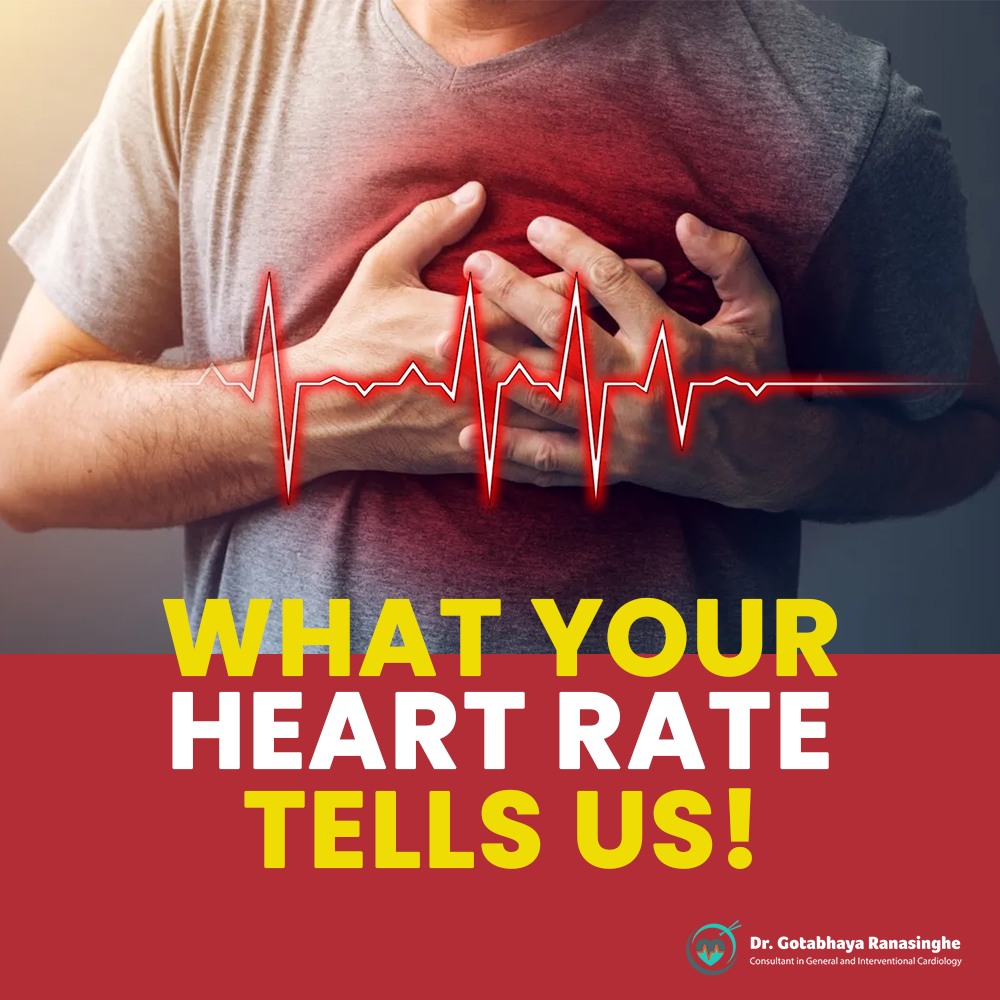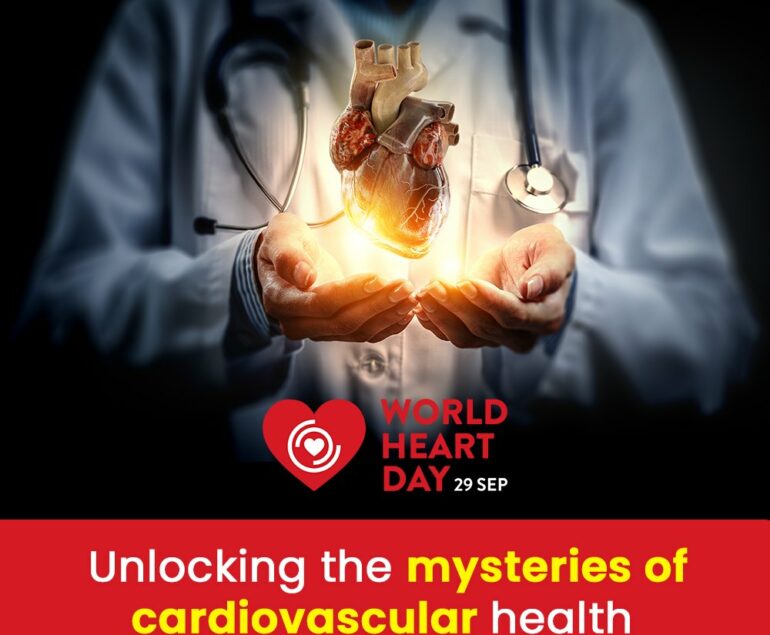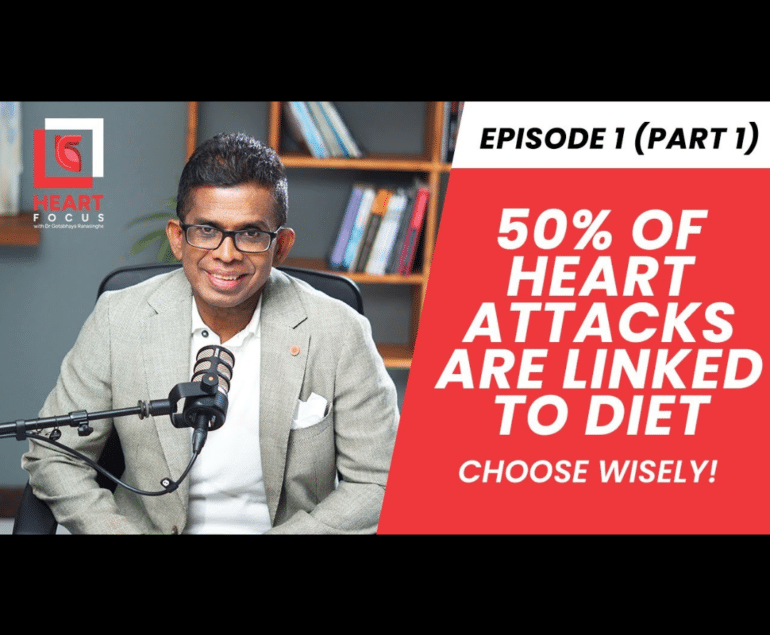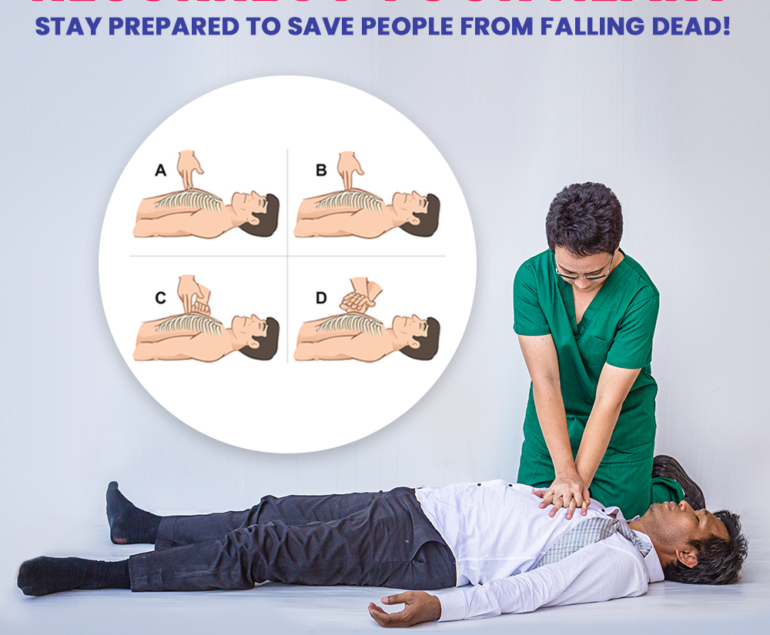What your heart rate tells us!
A strong heart is a healthy heart. It’s important to keep track of your resting heart rate as it can provide information about your general heart health.
Did you know that monitoring your heart rate allows you to determine your fitness level, heart health, and emotional health?
What is the ideal heart rate?
This is a question that many of my patients ask me. The answer, however, differs from person to person. It’s important to keep in mind that a “normal” heart rate might vary from person to person. Your age and general health can affect your heart rate.
Why is heart rate so important?
As we all are aware, the heart’s function is vital for our survival, making the heart rate a significant metric. The heart pumps blood that is nutrient and oxygen-rich throughout the body. Every aspect of life is impacted when it isn’t functioning properly. The function of the heart, also known as the “cardiac output”, is correlated with both heart rate and stroke volume (the volume of blood pumped out with each beat), making heart rate a crucial component of this process.
What is a normal heart rate?
The usual range for a normal heart rate is 60 to 100 beats per minute.
Bradycardia (slow heart) is a heartbeat that is slower than 60 bpm (beats per minute), while tachycardia (fast heart) is a heartbeat that is quicker than 100 bpm. It is believed that the ideal resting heart rate is between 50 to 70 bpm.
However, it is important to understand that a healthy heart rate will change based on the situation at hand.
What is a slow heart rate?
Being physically active, taking certain medications, or sleeping are all possible causes of a slow heart rate in healthy individuals.
On the other hand, a slow heartbeat may indicate various disease conditions affecting the heart directly or indirectly. Common conditions are hypothyroidism, heart blocks or a heart attack.
What is a fast heart rate?
Healthy individuals may experience a fast heartbeat during an exercise session, when they are nervous or excited, during pregnancy, or if they are using stimulants such as caffeine or cocaine.
Common heart conditions linked to a fast heartbeat include:
- Cardiac issues
- Medication
- Infections
- Anaemia
- Asthma, and other breathing issues
- An overactive thyroid gland or excessive thyroid medication
What type of exercise does your heart rate qualify for?
Again, this is something that bothers almost all of my patients. “How do I know if the exercise that I’m doing is ok for my heart rate?” is a common question for me to hear.
As most exercise guidelines recommend, I advise moderate to vigorous exercise for 30 to 40 minutes per day for at least 4 days for cardiovascular health. Your heart rate can be used to gauge how hard you should or shouldn’t be working out.
Your heart rate will increase during the exercise sessions up to 70% or 80% of its maximum level. The question is, how fast can you let your heart beat?
Simply deduct your age from 220. For example, the maximal heart rate for a 50-year-old is 170 (220 – 50). To determine the 70% to 80% range, multiply that figure by 0.7 to 0.8. So the qualified range would be 119 to 136 for a 50-year-old person.
How to check your heart rate?
Some people never pay attention to their heart’s rhythm or pace, while others take notice of even the smallest deviation. Even with healthy individuals without symptoms, an irregular rate or rhythm can be identified via a physical examination, an ECG, or other recommended tests.
When should you pay attention to your heart rate?
In adults, I advise measuring your resting heart rate once a week, or if that’s too difficult, at least once a month. I suggest daily monitoring of the resting heart rate in people older than 60. Heart rate can be measured before, during, or after exercise by anyone interested in learning more about their general fitness.
However, it is always advisable to have your heart rate checked by a medical practitioner if you have any of the following symptoms:
- Fatigue
- Dizziness
- Confusion
- Inability to engage in exercise
- Palpitations
- Shortness of breath
- Chest pain or tightness in the chest
So, keep paying close attention to your heart and its beat and you won’t lose the rhythm of life!




